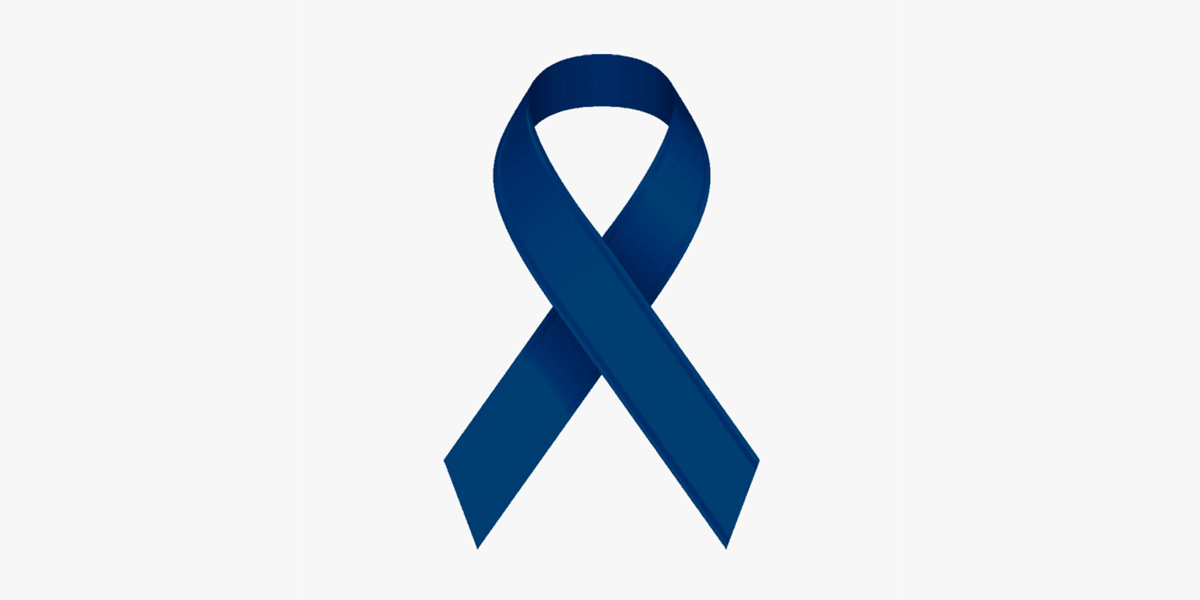Medical breakthroughs and advancements are driving forces behind the improved quality of life for the contemporary man. Durdans Hospital plays a key role in this improvement in Sri Lanka. Upholding their slogan of “Dedicated to you”, Durdans Hospital carries out its operations with passion and grit. As such, they got in touch with Pulse.lk to raise awareness on the growing issue of colorectal cancer in Sri Lanka.
Introduction
Colorectal cancer (CRC) – also known as bowel cancer, colon cancer, or rectal cancer- is any cancer that affects the colon and the rectum. According to the World Health Organization, colorectal cancer is among the top five cancers prevalent in Sri Lanka, accounting for 7.8% of all new cases in 2020.
“As a single surgeon, I myself operated on six severe cases during the last month,” said Dr. Aravinda Dissanayake – leading Cancer Specialist Surgeon at Durdans, “so this shows that this is a growing issue.”
Importance of early diagnosis
When it comes to colorectal cancer, Dr. Aravinda emphasised that the advantage of early diagnosis is immense – it is the key to a shorter surgery, avoiding chemotherapy/ radiotherapy and a quicker recovery. Due to a lack of knowledge on the signs and symptoms, “Most of the time, specialists see a Stage 3 cancer,” mentioned the doctor. He then went on to explain the commonly overlooked symptoms of CRC.
Symptoms of colorectal cancer
- Constipation observed over 3-6 weeks (due to cancerous blockage of the colorectal passage)
Constipation can vary from individual to individual based on their normal biological function. Individuals should be aware of this to then be able to detect if they are constipated. A single case of constipation can be treated with laxatives or a more fibrous diet. However, if it is repeatedly observed, then they should visit a specialist as this can be an initial signal.
- Abdominal fullness or dull abdominal pain (discomfort or distension caused by the blockage)
- Bowel irritation and increased frequency of defecation (presence of a mass stimulates defecation and leads to tenesmus i.e. the feeling that you need to have a bowel movement, even if you’ve already had one)
- Diarrhoea (due to increased mucus production because of the tumour)
Early morning diarrhoea is more common as mucus production increases at night
- Fresh or altered blood in stools (internal bleeding due to mechanical damage of the tumour resulting in ulceration)
This is often when people decide to see a doctor, by when the cancer has already progressed to a later stage.
Dr. Dissanayake also stated that piles or haemorrhoid bleeding- an extremely common issue experienced across Sri Lanka- can be caused by venous congestion due to the cancerous tumour. Thus this can be a secondary sign of colorectal cancer and must be investigated.
Risk factors
Risk factors for colorectal cancer discussed by Dr. Aravinda include:
- Age of 40 years and above (CRC takes time to develop)
- Carcinogen exposure via tobacco and alcohol consumption
- Family history of colonic cancers
- Pesticides
- Dietary factors:
- Nitrosamines present in processed meat and meat products
- Polycyclic hydrocarbons present in charred food and burnt oil
Conclusion
Colorectal cancer is completely curable in Sri Lanka even at very advanced stages – this was an important fact stressed on by Dr. Dissanayake. It responds very well to the current treatment options available such as surgery, chemotherapy and radiotherapy. As these cancers are thus curable with a good outcome via conventional medicine, there is no need to divert to other alternate medicine treatment modalities (native or any other).
A multi-disciplinary team approach (MDT) is the gold standard for the treatment of this cancer, involving specialist surgeons, oncologists, radiologists, histopathologists etc.- and it is this that is used across the diagnostic and treatment process at Durdans Hospital. The process consists of a comprehensive clinical exam, endoscopy and biopsy and imaging via CT, MRI or PET scan. All surgeries performed here take a very advanced laparoscopic (keyhole) approach without any major cuts in the abdomen.
This makes the entire procedure at Durdans less intensive with no need for blood transfusions or ICU care in most of the cases. The result of this post-surgery is early mobilization, a shorter hospital stay (averaging just 5 days) and going back to family and society sooner. In addition, Durdans Hospital offers state-of-the-art laparoscopic operating theatres with advanced surgical technology compared to other hospitals in Colombo- which no doubt contributes to the high standard of care they can be proud of.
To top it all, Durdans Hospital has the very best selection of well-experienced health personnel, including Dr. Aravinda Dissanayake himself-a dedicated leading cancer specialist surgeon who has mastered in complex laparoscopic surgery including sphincter saving surgeries with no permanent stomas (colostomy bags) and restoring normal bowel functions even at very advance stages of colorectal cancer. “The target is to always improve on reasonable outcomes,” Dr. Aravinda highlighted; and it is this commitment to the cure that ensures the patient receives the very best: not just while at Durdans Hospital but also in terms of a new lease on life afterwards.







